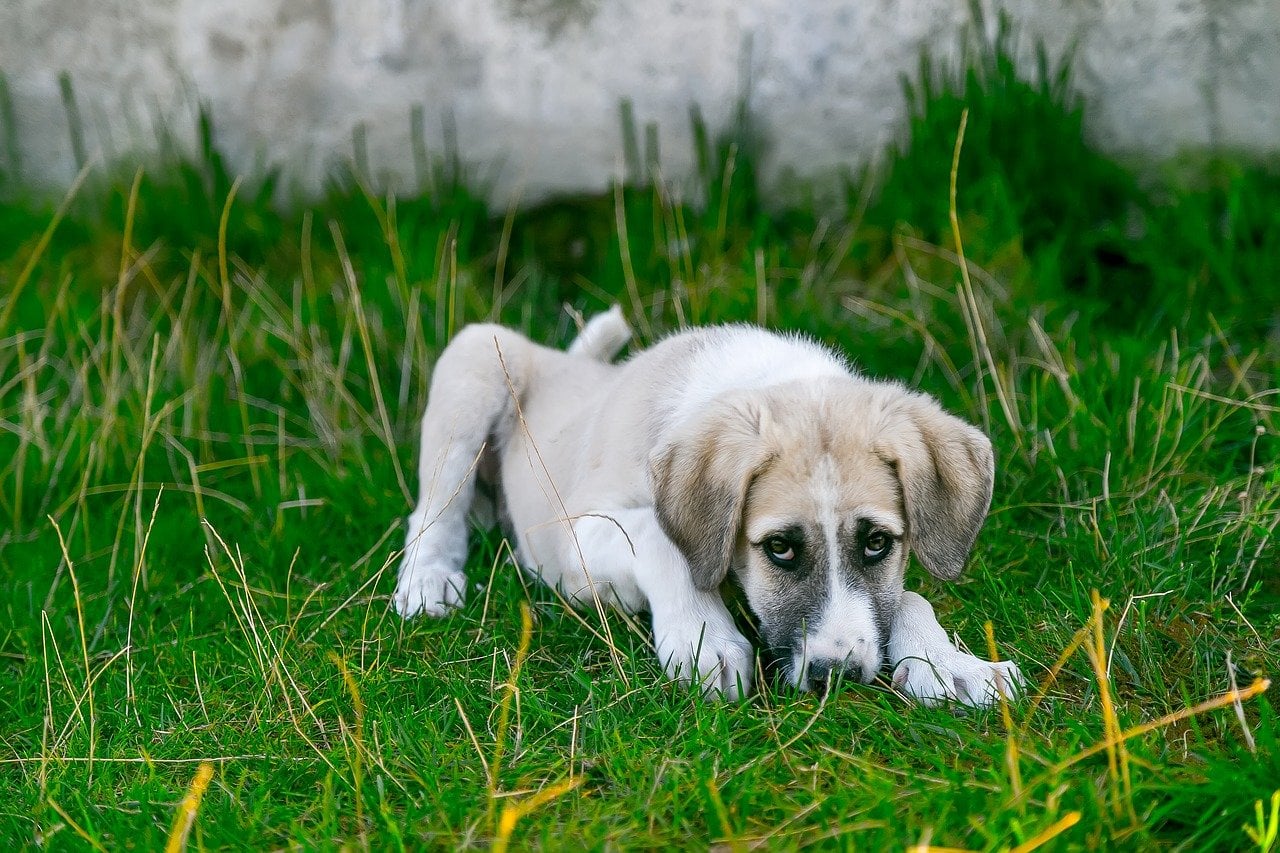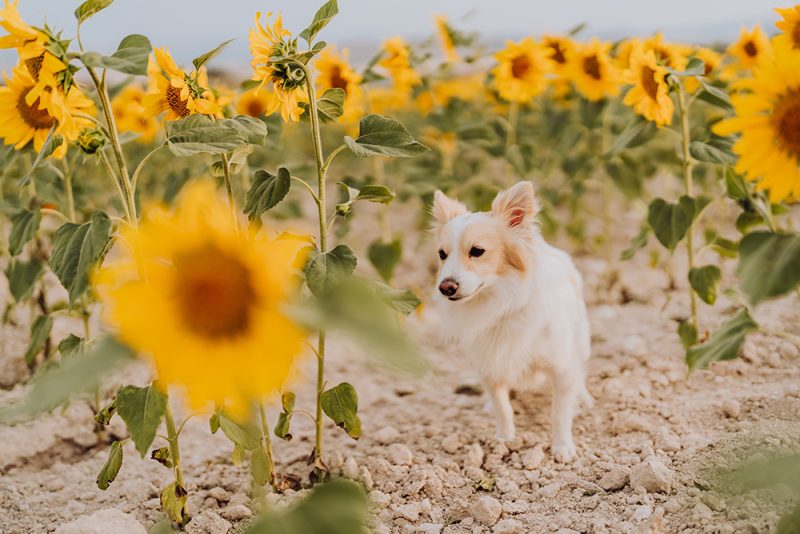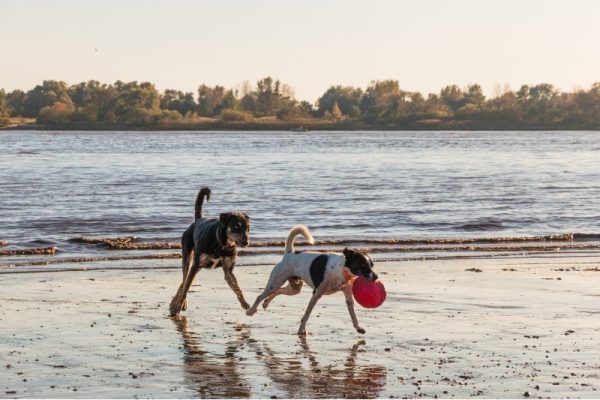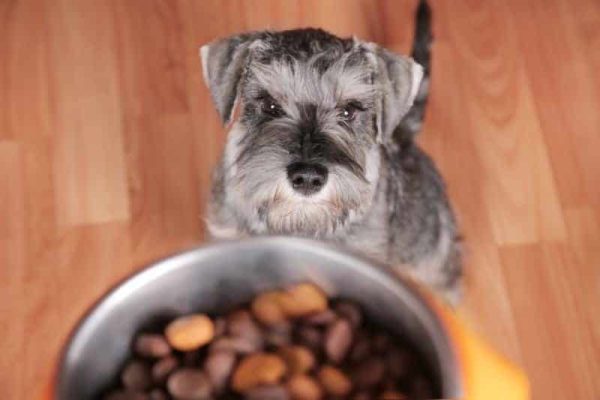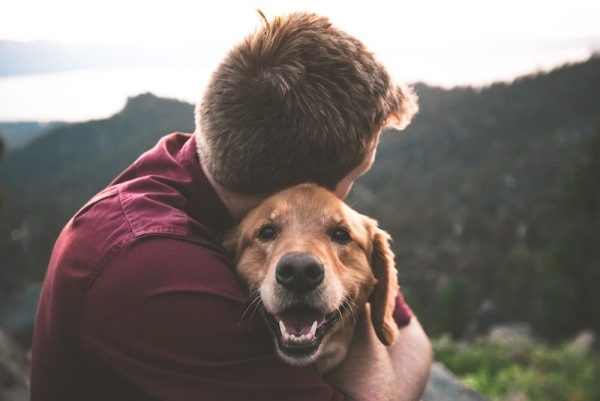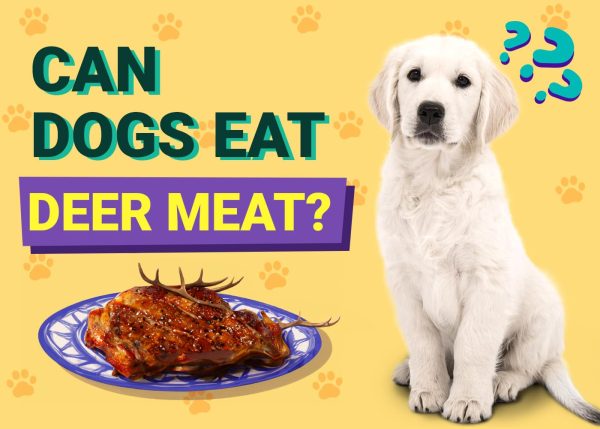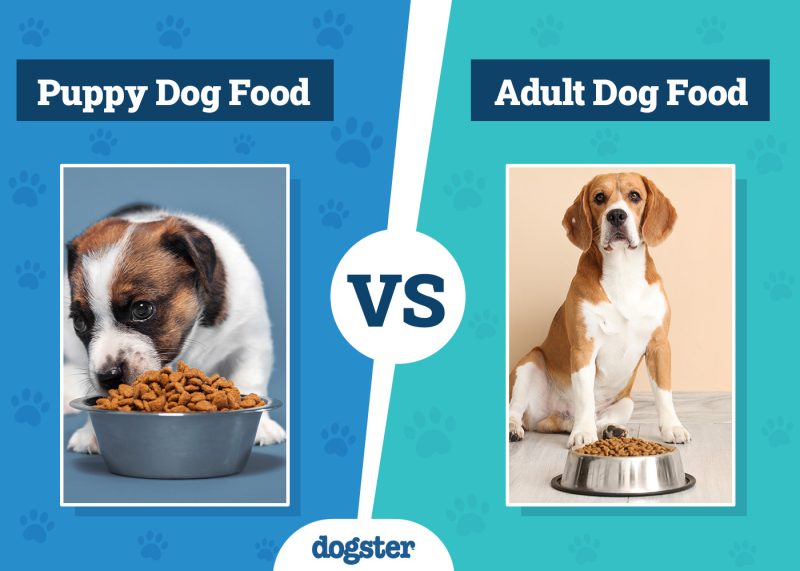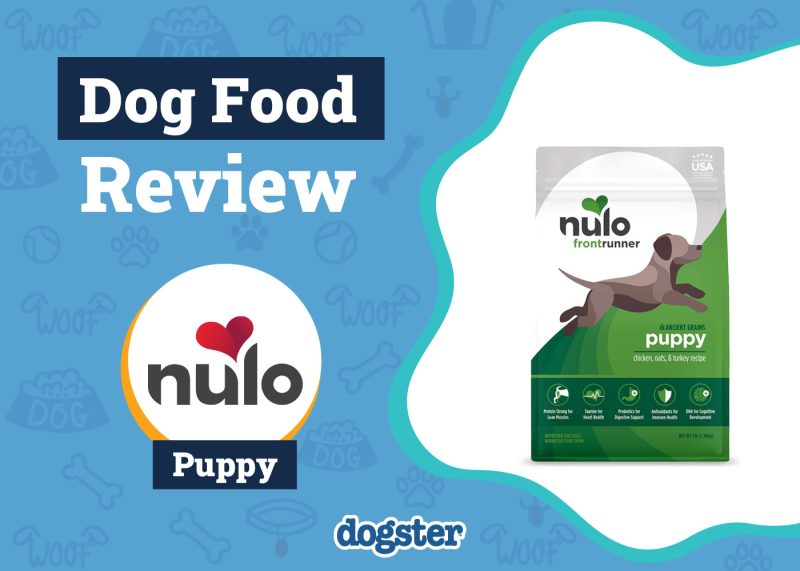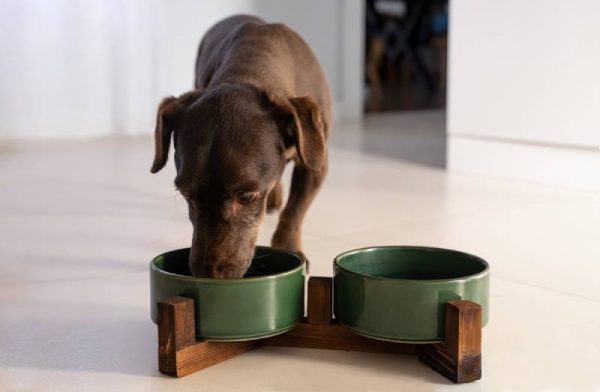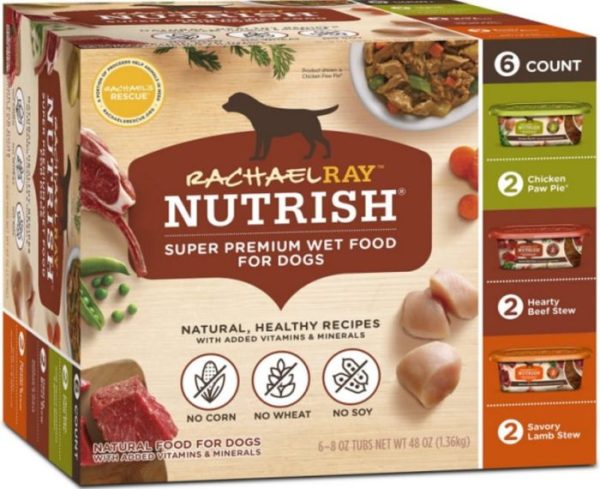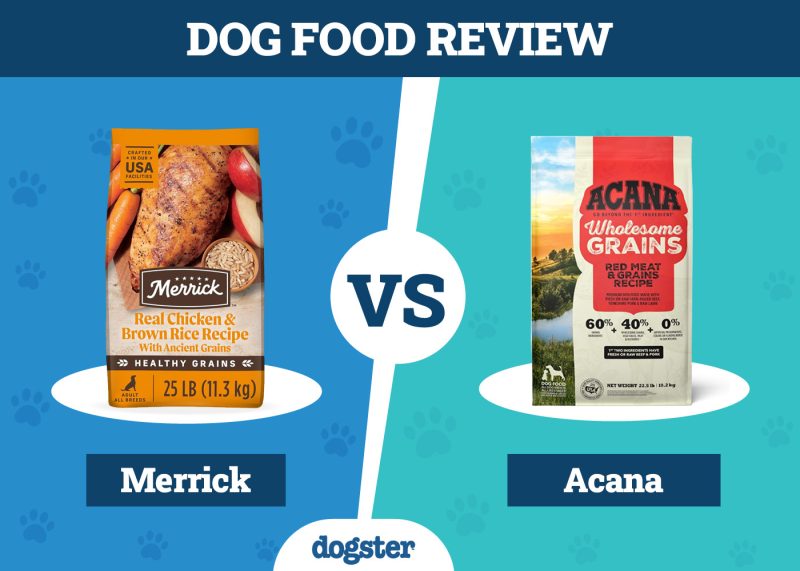Diarrhea refers to loose, watery stool, and is common in puppies. Chances are that at some point your puppy will have a bout of diarrhea, if not a few. There are a wide variety of reasons for diarrhea in puppies and some causes are more serious than others. Mild diarrhea without any other symptoms may resolve itself with home treatment within a day or two, while more severe diarrhea or diarrhea accompanied by other symptoms, requires urgent veterinary attention.
- Stress
- Diet change
- Internal parasites
- Dietary indiscretion
- Viral and bacterial infections

The 5 Causes for Puppy Diarrhea
1. Stress
One of the leading causes of diarrhea in puppies is stress. Puppyhood is a time of fun and exploration, but new experiences may also be stressful. Most puppies experience stress when they are separated from their mother and littermates and brought into a new household filled with unfamiliar people and animals. It is common for puppies to experience a mild, transient bout of diarrhea during the first few days of being in their new home. Meeting new people and animals, learning to walk on a leash, and vet visits can all cause stress in puppies.
Diarrhea caused by stress usually resolves on its own. It is not accompanied by other symptoms such as vomiting, fever, loss of appetite, and lethargy. If your puppy’s diarrhea persists for longer than a day, becomes worse, or if it is accompanied by other symptoms, it is time for a vet visit. Bear in mind that puppies with diarrhea can easily become dehydrated, so it is best not to wait too long to seek veterinary care.
You can help minimize your puppy’s stress by sticking to a consistent schedule of feeding and walking. Playing with your puppy is also a great way to bond with him or her and to minimize stress. You can also provide a safe space for your puppy to escape if he’s feeling anxious. A crate works well for this purpose.

2. Diet Change
Another cause of diarrhea in puppies is a sudden change in diet. When adopting a puppy, it is a good idea to find out what food he was fed prior to adopting him and sticking to that same diet initially. If you want to change your puppy’s diet, do it slowly over 2 weeks, by adding in small amounts of the new food while decreasing the old food at the same time. Plan ahead when making dietary changes and don’t wait for the current bag of food to run out.
3. Internal Parasites
Internal parasites are another common cause of diarrhea in puppies. The most commonly detected intestinal parasites in puppies are hookworms, roundworms, whipworms, tapeworms, giardia, and coccidia. Giardia and coccidia are single-celled organisms called protozoans.
Intestinal parasite infections can be transmitted to puppies via the mother through her milk or directly through the placenta. They can also be transmitted when a puppy ingests contaminated food, water, or feces. Puppies with flea infestations may groom themselves to relieve the itch and inadvertently ingest fleas infected with tapeworm eggs.
In addition to having diarrhea, puppies that are infected with internal parasites may vomit, struggle to gain weight, and have a pot-bellied appearance. Severe cases of intestinal parasite infections may result in anemia, intestinal blockages, and even death in some puppies.
Intestinal parasites can cause serious issues in puppies and it is therefore important to regularly deworm your puppy to prevent these infections. Consult your veterinarian for advice on the best deworming product and schedule for your puppy. Your veterinarian may also want to test your puppy’s stool for intestinal parasites if he or she has diarrhea. If possible, bring along a stool sample to your vet visit if your puppy has diarrhea.
Protozoan infections (coccidia and giardia) are more complicated to deal with and cannot be prevented by deworming your puppy. These infections are common in shelter and kennel situations. Your veterinarian should be consulted if you suspect a coccidia or giardia infection.
Another way to prevent an intestinal parasite infection is to keep your puppy’s living environment clean. Promptly pick up your puppy’s feces and keep your puppy’s tick and flea treatment up to date as tapeworms can be transmitted via fleas.
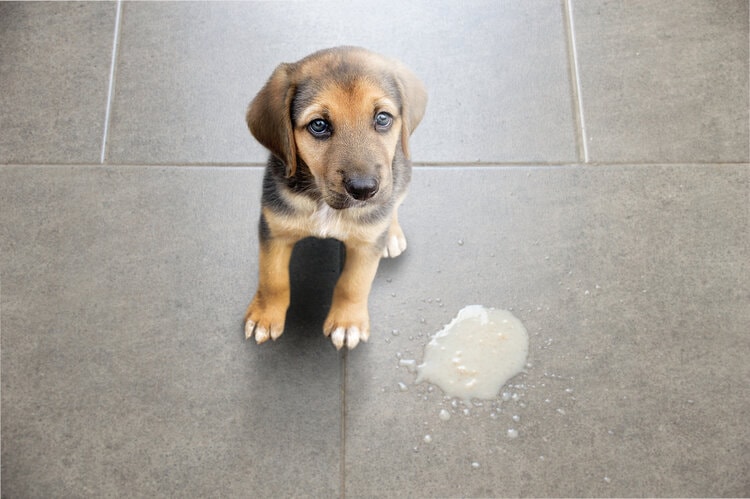
4. Dietary Indiscretion
Puppies are curious and often eat things that they are not supposed to. Unfortunately, this curiosity may lead them into trouble. Dietary indiscretion occurs when a puppy eats something that he shouldn’t. This includes raw or spoiled food, rich or fatty food, toxins, or even objects such as socks, stones, toys, or paper.
When your puppy eats food that he shouldn’t, it may result in vomiting and diarrhea or “garbage gut.” In mild cases, puppies may respond to feeding a bland diet such as boiled chicken and white rice and the symptoms should resolve without a visit to the vet. In more severe cases or cases that do not clear up within a day of feeding a bland diet, veterinary intervention is required. As mentioned before, puppies can dehydrate quickly so it’s best not to wait too long to take them to the vet. This is especially true if diarrhea is accompanied by vomiting. Your vet may want to treat your puppy with IV fluids, medication for nausea and vomiting, gastric protectants, probiotics, or in some cases, antibiotics. Never try to medicate your puppy at home, this can be very risky.
Some toxins can also cause diarrhea in puppies. Examples of foods that are poisonous to puppies are chocolate, raisins, and onions. Ingestion of any of these toxins may be life-threatening so it is vital to get your puppy to a vet as soon as possible if you think that he or she may have eaten one of them.
When your puppy eats objects that he shouldn’t, such as socks and stones, these objects may pass through the gut without an issue but sometimes they can cause intestinal obstruction. An obstruction is usually accompanied by vomiting and will require emergency surgery to remove the object.
To prevent your puppy from eating things that he shouldn’t keep your puppy crated or in a confined, safe space when you’re not around.
5. Viral and Bacterial Infections
Puppies are more susceptible to infections than adult dogs, as their immune systems have not yet matured. Until a puppy has had its full set of vaccinations, it is also susceptible to a variety of potentially life-threatening infections, some of which commonly cause diarrhea. Canine parvovirus, canine distemper virus, and canine enteric coronavirus are examples of viruses that commonly cause diarrhea in puppies.
- Canine parvovirus, which typically affects puppies between 6 and 20 weeks of age, causes bloody diarrhea, vomiting, fever, lethargy, and inappetence. If not treated, puppies can go into shock and die.
- Canine distemper is an incurable, often fatal disease that affects many organ systems. The main symptoms are diarrhea, vomiting, a thick yellow discharge from the eyes and nose, coughing, and neurological signs such as twitching and seizures.
- Canine coronavirus can cause diarrhea in puppies, along with a decreased appetite and lethargy. It is important to note that the enteric canine coronavirus (CCov) is not the same virus as SARS-CoV-2 that causes COVID-19 in people.
Canine parvovirus, canine distemper virus, and canine enteric coronavirus are all preventable with vaccinations, so it’s important to ensure that your puppy receives all of his or her vaccinations at the right time. Missed shots and incorrect intervals between vaccinations may result in your puppy not building up enough immunity against these potentially fatal diseases. Only allow your puppy to socialize with fully vaccinated dogs and puppies until they have completed their course of puppy vaccinations. Your veterinarian is the best person to give advice on your puppy’s vaccinations.
Bacterial-associated diarrhea in puppies ranges in severity from mild cases that clear up by themselves to potentially fatal cases. The bacteria most commonly responsible for diarrhea in puppies include Clostridium perfringens, Clostridium difficile, Campylobacter spp, Escherichia coli, and Salmonella spp. In addition to diarrhea, your puppy may also show signs of vomiting, fever, lethargy, inappetence, and abdominal pain if infected with one of these bacteria.
Bacterial and viral infections require urgent veterinary treatment. Your vet may support your puppy with IV fluids to prevent dehydration. The rest of the medical treatment will depend on the specific diagnoses.
Never try to treat a dog or puppy with over-the-counter human anti-diarrhea treatments, always follow your vets’ instructions.
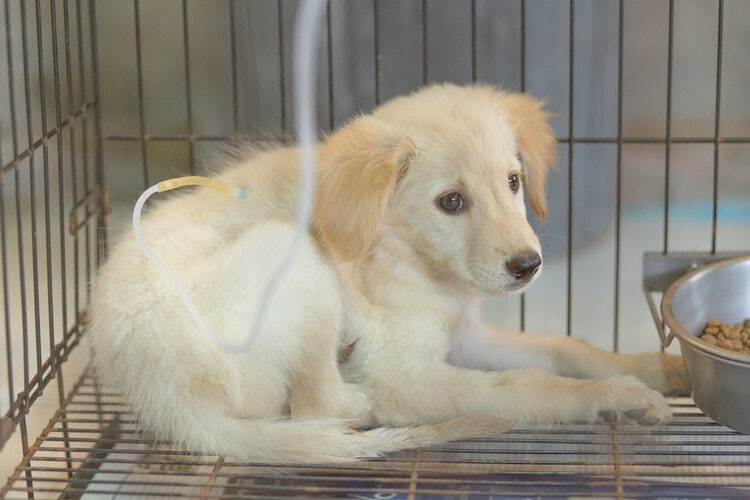

What to Do When Your Puppy Has Diarrhea
If your puppy has had one or two loose stools but is eating and drinking well and is otherwise behaving normally, there is no need to panic. Offer your puppy bland meals of boiled chicken breast and white rice for a few days to give his digestive system a break. It is best to feed several small meals over the course of the day. Adding a probiotic that is specifically formulated for dogs to your puppy’s food may also help. Make sure that your puppy has access to fresh, clean water at all times as puppies can dehydrate quickly from diarrhea. A bland diet is often enough to help a puppy get over a bout of mild diarrhea.
When to Call the Vet
If you need to speak with a vet but can't get to one, head over to PangoVet. It's our online service where you can talk to a vet online and get the advice you need for your pet — all at an affordable price!

It might time to contact your vet if your puppy displays any of the following symptoms:
- Bloody or black stool
- Very watery stool
- Very smelly stool
- Pale gums
- Vomiting
- Lethargy
- Fever
- Reluctance to move
- Signs of abdominal pain (hunching over or crying out)
- Reduced appetite or completely refusing to eat
- Known ingestion of toxins or non-food items such as socks or toys
Or, if there is no improvement in your puppy’s diarrhea after a day.

Summary
Diarrhea in puppies is a sign that something isn’t right and it may be caused by a wide variety of reasons. Mild cases of diarrhea may resolve naturally while more severe cases of diarrhea need veterinary attention. Puppies can dehydrate quickly from diarrhea, and vomiting and diarrhea can be a lethal combination. It is best not to wait too long before seeking veterinary attention, especially if diarrhea is accompanied by any other symptoms.
Next on your reading list:
- How to Get Dog Poop Smell Out of Hardwood Floors – Possible Ways
- How to Help Dogs with Diarrhea: Vet-Reviewed Tips & Tricks
Featured Image Credit: Isakarakus, pixabay
